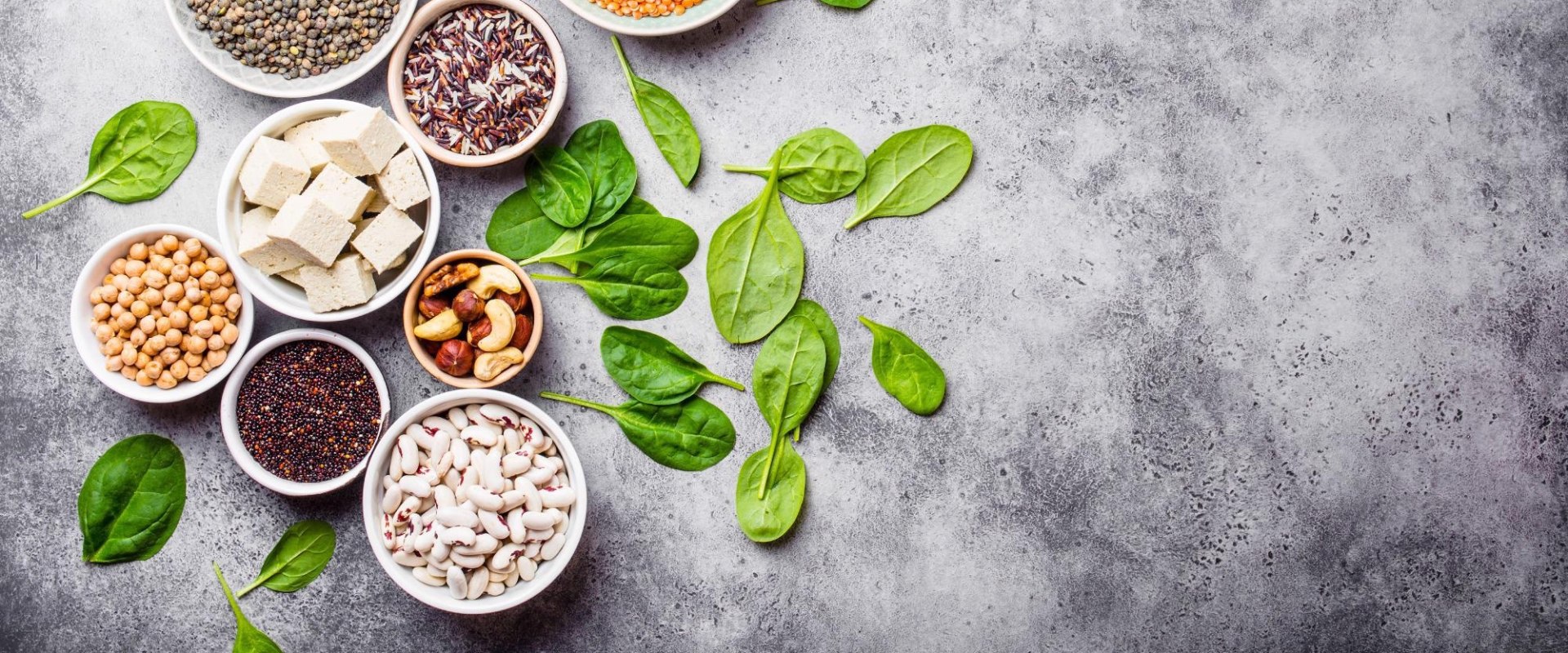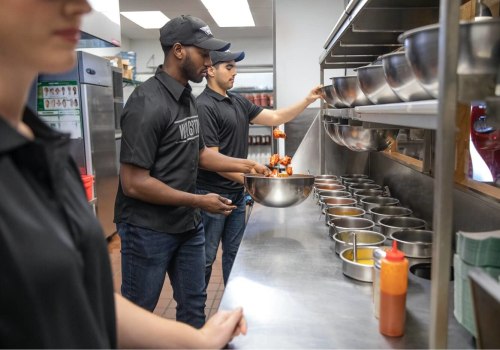It's no secret that vegetarianism and veganism have become increasingly popular in recent years. Social media is full of recipes and images of plant-based foods, and consumers are demanding more transparency from companies about their supply chain and manufacturing processes. This includes labeling any genetically modified organisms (GMOs) present in the food or drink. People want to make informed decisions about what they consume, and this trend is only growing.
The Covid-19 pandemic had a huge impact on the food and beverage industry, with people bringing their celebrations, after-work drinks and lunches to the park. This led to an increased demand for canned beverages, including cocktails, wines, and G&Ts. Plant-based meat manufacturers like Impossible Foods have also been paying close attention to Generation Z, who are more likely to eat plant-based foods and reduce their meat consumption for environmental reasons. The private label has also been transformed over the past decade, with premium items helping to influence consumer loyalty.
Major manufacturers are changing their approach to rising prices, while companies like Gotham are promoting the freshness of their product, the use of renewable energy to power their farms, and the recycling of all irrigation water. Retailers are also being pushed to do more when it comes to sustainability in relation to food packaging, food waste and greener supply chains. Generation Z is maturing into adulthood and will set trends with their interest in ethical sourcing, sustainability and local food. Consumers are looking for products and services that offer emotional and mental health benefits, as well as sustainable packaging, safety measures and transparent manufacturing. The food industry faced an unprecedented crisis last year due to empty shelves of vegetables, soups and canned preserves.
However, since then delivery times have increased on weekends, with 82% of orders coming from homes. Consumers are interested in a variety of flavors, functions and different types of plant proteins in their food. Companies are also adopting blockchain technology to track products from the farm to the consumer's table. Meal kits have also seen a steady upward trend in conversation. People are turning to food and beverage offerings not just for hydration or nutrition but also for emotional and mental health benefits.
New technology is driving products such as biohacked foods which break down and then reconstitute themselves based on artificial intelligence (AI).









